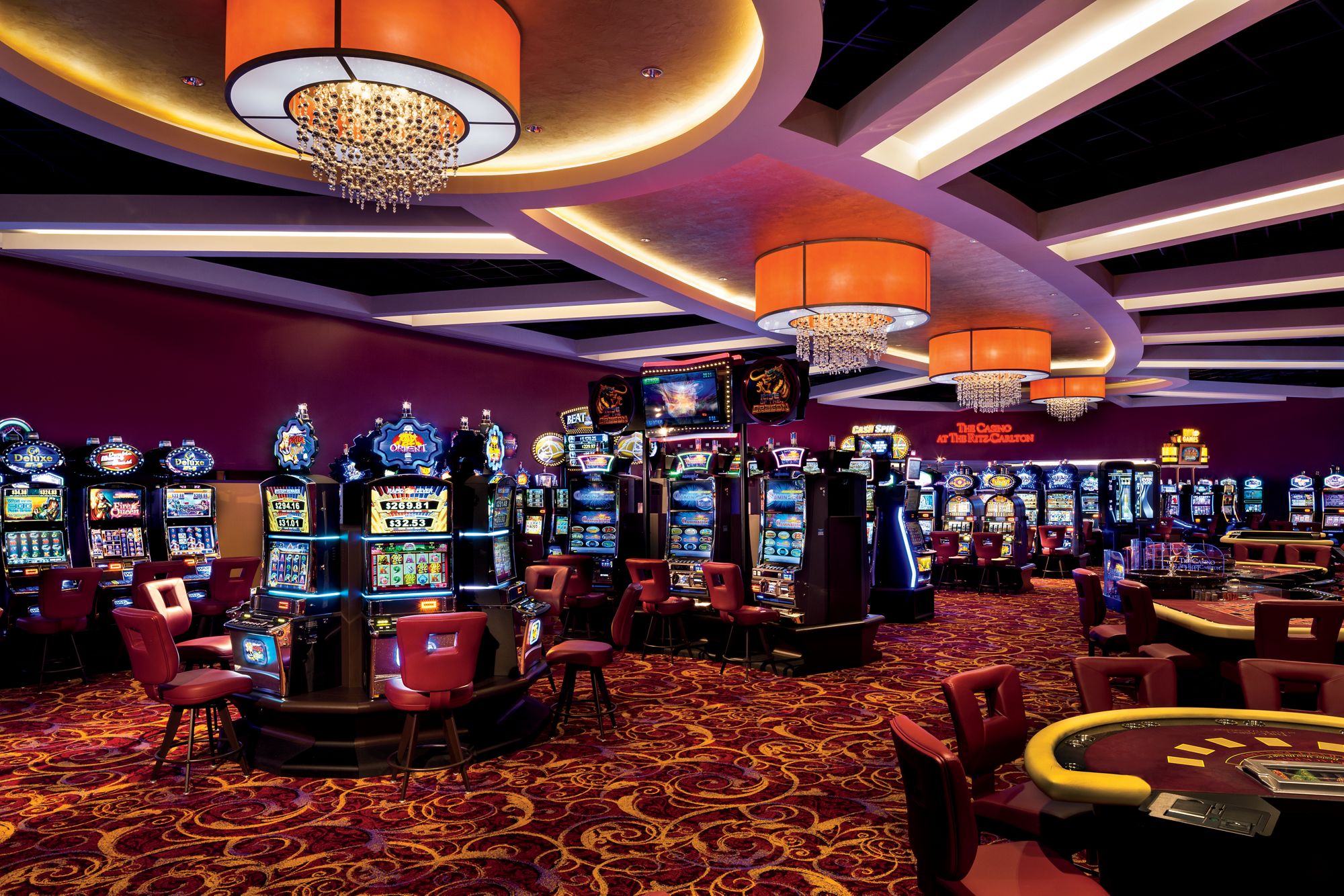When we think of gambling games, the initial images that often come to mind are those of spinning wheel wheels, card chips clinking on felt surfaces, and cubes rolling across a gaming surface. While numerous view these games as mere hobbies fueled by chance, a deeper exploration reveals a fascinating blend of strategy, expertise, and social engagement that raises them well beyond basic luck. Regardless of whether you are a experienced player or a curious newcomer, understanding the nuances of these activities can significantly enhance your enjoyment and understanding.
Casino activities have evolved over centuries, with various cultures contributing to their rich backgrounds and variations. From the intricate tactics of blackjack to the bluffing tactics in poker, players engage in a contest of intellect as much as a gamble on odds. This exciting interplay between chance and expertise creates a exciting atmosphere that draws countless people to gambling establishments worldwide. As we delve into the world of table activities, we will uncover the strategies that can tilt the odds in your advantage and the social aspects that make these activities a favored choice for entertainment and engagement. Kèo nhà cái fb88
The Strategy of Table Gaming
Table games frequently combine a mix of skill and luck, making them fascinating for participants who enjoy a challenge. Each title has its unique set of rules and strategies that can affect the results. For instance, in games like blackjack, participants are obliged to use strategies like card counting and grasping the odds to make informed decisions. This skill set can significantly improve their victory potential, distinguishing seasoned participants from novices who may depend entirely on luck.
In contrast, games such as roulette may appear to be purely based on luck, but strategic thinking can also play into the equation. Players can select between various wagering tactics, such as the Martingale strategy, where they raise their wagers after losses. This approach can create a more methodical way to the activity. Understanding the odds of specific bets can also help players make smarter decisions on the table, demonstrating that even titles of luck, tactics can enhance the enjoyment.
Furthermore, the game of poker is notable as a game that heavily emphasizes strategy. Unlike most gaming games, poker merges ability, psychology, and luck. Participants must also focus on the hands they are dealt but also take into account their rivals’ behavior and betting patterns. Mastering concepts like position, pot odds, and reading bluffs is essential for success. This depth of strategy in poker often creates to a more immersive experience for players, as their choices and skills greatly affect the match’s results.
Grasping Probability and Ratios
In the domain of casino matches, likelihood and odds hold a crucial role in determining a player’s possible outcomes. Every activity has its own collection of principles that dictate how the probability of succeeding or losing is calculated. For example, in games like blackjack, players have a chance to affect their ratios through strategy, whereas in games like the wheel, the results are exclusively dictated by chance. Grasping how these probabilities are measured can greatly affect how a gambler approaches the match.
Ratios are typically expressed in two formats: ratio and decimal. Fractional odds show the proportion of the amount gained to the amount bet, whereas numeric odds show the total return for a successful bet, including the stake. For example, if a match has odds of 5 to 1, this means that for every one dollar bet, a gambler could win five dollars if successful. Understanding how to read these ratios allows players to assess their potential winnings and make more wise decisions during play.
Players should also be aware of the casino advantage, which is the casino’s inherent advantage over the gamblers. Each game has a distinct house edge, and comprehending this idea is important for controlling one’s expectations and budget. Activities with a reduced house edge, such as blackjack and chemin de fer, typically offer superior ratios for gamblers compared to games like slot machines and lottery. By recognizing the connection between chance, odds, and the house edge, players can improve their gaming experience and plan more effectively.
The Exciting Aspect of Table Gaming
Casino games at gaming establishments are often seen as a center of social interaction, bringing players together in a collective experience that goes far past the mere act of gambling. The atmosphere at a blackjack table can be electric, with players engaging not only with the game itself but also with one another. Laughter, cheers, and, occasionally, playful teasing create connections that improve the overall enjoyment of the gaming experience. This communal aspect can turn a alone endeavor into a lively social event, making table games particularly appealing.
One of the intriguing elements of table gaming is the way it cultivates camaraderie among participants. Whether it’s teaming up to beat the dealer at a craps table or sharing stories between hands in a card game, the environment encourages communication. Players often share tips or strategies, creating a sense of togetherness that boosts the fun. This social dynamic can make new gamblers feel welcomed and less intimidated by the competitive nature of casino games. As the game continues, friendships may form, leading to a sense of belonging that keeps participants coming back to the table.
Moreover, the social aspect of table gaming extends outside just the players. Dealers play a vital role in encouraging interaction and maintaining the flow of the game. Their ability to engage gamblers with warm dialogue and their expertise in managing the table can create an inviting atmosphere. This relationship between players and dealers adds another layer of enjoyment, where players feel connected not only to one another but also to the staff. Such interactions are often what make the experience unforgettable, as participants leave with tales to tell and relationships made, reinforcing the notion that gaming at tables are truly about something greater than luck.
